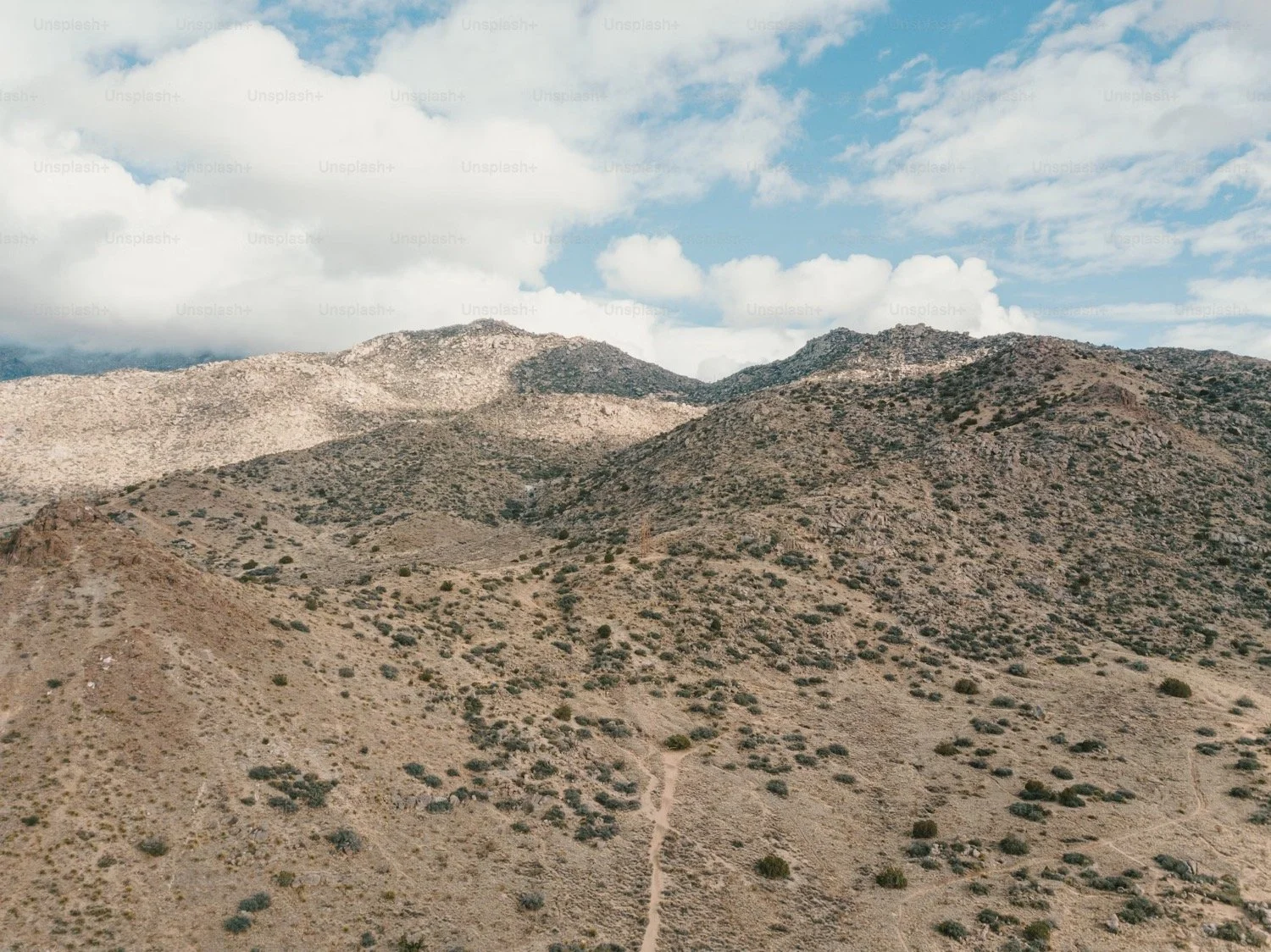Readings for today: Leviticus 26-27, Numbers 1, Mark 2
What is God’s will for my life? What is God’s will for our life together? What is God’s will for His people? His church? Here at the end of Leviticus, we catch a glimpse of the new Eden God desires to create on earth. It’s the fulfillment of the prayer Jesus will later teach His disciples to pray - “Thy will be done on earth as it is in heaven.” There is an echo here of eternity as God once again reaffirms His desire to walk with His people in the Garden in the cool of the day. “I will make my dwelling among you, and my soul shall not abhor you. And I will walk among you and will be your God, and you shall be my people. I am the Lord your God, who brought you out of the land of Egypt, that you should not be their slaves. And I have broken the bars of your yoke and made you walk erect.” (Leviticus 26:11-13)
God has always intended to make His dwelling place on earth. To live in intimate relationship with the creature He made in His own image. This is why God saved Israel from slavery in Egypt. It’s why He calls them a chosen race, a holy people, a royal priesthood, a people for His own possession. It’s why He gives them the Law on Sinai. It’s why He shapes their national and communal life through the Levitical code. It’s why He sets up a priesthood and gives them plans for a tabernacle. God is seeking to set His Kingdom up on earth. His plan is for His people to be the city on a hill that cannot be hidden. The light of the world that cannot be quenched. The salt that is spread far and wide to bring flavor and preservation to all of life. Israel is intended to be a new Eden. An Eden the nations can actually see and touch and taste and feel. In this new Eden there is abundance. There is overflowing life all around. There is peace. There is safety and security. Listen to how God describes it, “If you walk in my statutes and observe my commandments and do them, then I will give you your rains in their season, and the land shall yield its increase, and the trees of the field shall yield their fruit. Your threshing shall last to the time of the grape harvest, and the grape harvest shall last to the time for sowing. And you shall eat your bread to the full and dwell in your land securely. I will give peace in the land, and you shall lie down, and none shall make you afraid. And I will remove harmful beasts from the land, and the sword shall not go through your land. You shall chase your enemies, and they shall fall before you by the sword. Five of you shall chase a hundred, and a hundred of you shall chase ten thousand, and your enemies shall fall before you by the sword. I will turn to you and make you fruitful and multiply you and will confirm my covenant with you. You shall eat old store long kept, and you shall clear out the old to make way for the new.” (Leviticus 26:3-10) Sadly, Israel does not keep God’s commands. Israel quickly abandons God’s ways. Instead of blessings, all the curses of God fall. The nation is shattered. The people are scattered. Their glory becomes a byword to the nations of what happens when one fails to walk in faithfulness with God.
The same is true for us. God’s plan hasn’t changed. He still longs to make His dwelling among us. He longs to walk with us in the cool of the day. He longs to be our God and for us to find our true identity in belonging to His people. If you have doubts, all you need to do is look to Christ. In Christ, the Word of God became flesh and blood and made His dwelling among us. In Christ, the Word of God walked with us and talked with us. Healed us and comforted us. Suffered for us and died for us. In so doing, He broke the bonds of slavery to sin and death. No longer do we need to be afraid. No longer are we held captive by our anxiety. Christ has broken the bars of our yoke once and for all and caused us to walk erect once more. Shoulders back. Heads held high. We are now sons and daughters of the King of kings and Lord of lords.
So why then do we so often fail? Why then do we face so much hardship and pain? Why do the rains not always come on time? Why do the harvests fail? Why is there so much violence in our land? Why do we feel so afraid? It’s because we’ve abandoned our covenant with God. We no longer find our truest and deepest identity in Christ. We lose sight of Him and instead chase our own ambitions. Our own dreams. Our own desires. We are double-minded people. Caught between worlds. On the one hand, we long to live in Eden. We long for God’s Kingdom. On the other hand, we kind of like our lives in this world. We like our stuff. We like our lifestyles. We like to be in control. We are no different than our spiritual parents in Israel. We struggle to live in perfect dependence on God and this is why the “edens” we create are but a pale reflection of the paradise God has planned for us.
So what’s the answer? What shall we do? We look to Christ. We seek our greatest satisfaction in Him. We place our faith in His finished work. We follow Him out of love and devotion not obligation. We deny ourselves. We lose our lives. We seek to serve rather than be served. We give our lives as a ransom for many just as He did for us. This is what it means to pick up our cross and follow after Christ. And this is what gives us access to a new Eden. A life with God that never ends.
Readings for tomorrow: Numbers 2-3, Mark 3




